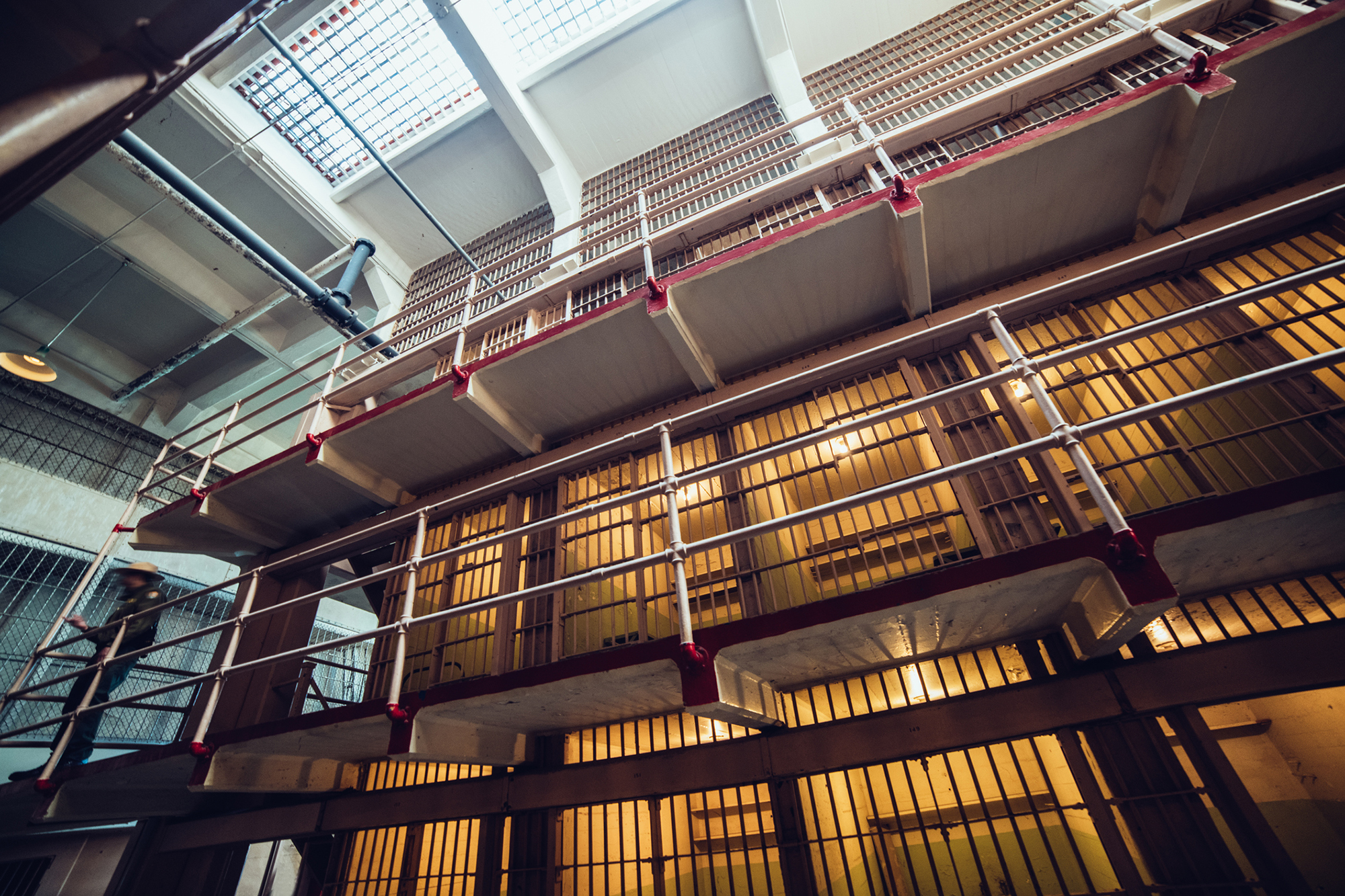
WASHINGTON (BP) — The launch of criminal justice reform backed by both conservatives and liberals has become a reality in federal law.
The First Step Act to promote the rehabilitation and societal re-entry of prisoners while maintaining public safety was signed by President Trump on Friday (Dec. 21). The measure provides training for inmates and reforms some sentencing requirements, including certain drug offenses.
Trump’s action followed the House of Representatives’ passage of the bill Thursday (Dec. 20) in a 358-36 roll call. The Senate had approved the legislation Dec. 18 with an 87-12 vote.
The new law, which applies only to federal prisons, is an initial effort in what reform advocates hope will be an overhaul of the justice system in what has been described as the world’s most incarcerated country. The bill — which models state reforms — seeks to correct disproportionate sentencing while establishing risk assessment programs for prisoners and enabling low- and minimum-risk inmates to earn time credits so they can potentially serve 12 months or less of their sentences in pre-release custody.
The Southern Baptist Ethics & Religious Liberty Commission (ERLC) — which made criminal justice reform one of its legislative priorities this year — was part of a diverse body of First Step Act supporters that included liberals and conservatives both inside and outside Congress. The endorsing organizations extended from the American Civil Liberties Union and Center for American Progress on the left to a host of conservative groups, including the ERLC, Prison Fellowship and other evangelical entities, as well as Koch Industries, Heritage Action, The American Conservative Union and FreedomWorks.
ERLC President Russell Moore described the success of the First Step Act as a “tremendous victory” for criminal justice reform and cooperation across dividing lines for the common good.
“I can’t find very many people who would argue that our criminal justice system is working fine as it is,” Moore said in written comments. “Over the past several years many of us, across the ideological spectrum, have realized that we share, on this, some common concerns.
“Monumental challenges remain on seeing to it that our country deals with ensuring justice for victims while at the same time giving offenders, where possible, the opportunity for a second chance to reform and to contribute to society,” Moore said. “May we see forward momentum toward a justice system that is truer to its name.”
In a written statement, Trump said the law “will make communities SAFER and SAVE tremendous [taxpayer] dollars. When both parties work together we can keep our Country safer.”
Rep. Doug Collins, R-Ga. — a Southern Baptist who introduced the justice reform bill in the House with Rep. Hakeem Jeffries, D-N.Y. -– said the First Step Act “shows us that reverence for human life is fundamental to justice.”
“The First Step Act invests in what Americans value most fiercely — people,” Collins said in a written statement. “We know that lives can be redirected and redeemed, and we’re committing to doing that with tools that are proven to work.”
Collins, a master’s degree graduate of New Orleans Baptist Theological Seminary, served as a pastor for 11 years in Gainesville, Ga., before his election to Congress. He is a member of Lakewood Baptist Church in Gainesville.
The House had adopted an earlier version of the legislation with a 360-59 vote in May.
Prison Fellowship — the ministry started by the late Charles Colson — helped lead the effort to enact the First Step Act, which clarifies that faith-based organizations may provide training in prison.
“This legislation will increase the access of faith-based and nonprofit organizations, like Prison Fellowship, to provide desperately needed programming in the federal prison system and help reduce recidivism,” Prison Fellowship President James Ackerman said in a written statement. “From our work in many states across the country, we can say without hesitation that these programs restore lives … and eventually reduce crime.”
The ERLC and Prison Fellowship collaborated for auxiliary events regarding justice reform this fall at Baptist state conventions in Alabama, Oklahoma, Tennessee, Texas and Virginia. In its partnership with Prison Fellowship, the ERLC also has participated in meetings with state legislators and invited Prison Fellowship staff to provide expert analysis on panels at ERLC-sponsored events.
Some GOP senators and outside organizations expressed concerns the First Step Act would threaten public safety by weakening mandatory minimum sentencing and not preventing some dangerous inmates from release. The final Senate version sought to address at least some concerns by, among other provisions, barring firearm offenders and fentanyl traffickers from earning time credits. The bill also disqualifies from earned time credits offenses such as smuggling foreigners into the country for prostitution, assaulting a law enforcement officer with a deadly weapon, failure to register as a sex offender and trafficking in heroin or methamphetamine.
Statistics demonstrate the need for change in the justice system, reform advocates contend. According to Prison Fellowship:
— About 65 million Americans, or one-fourth of the adult population, have a criminal record.
— 2.2 million men and women are incarcerated in the United States.
— Nearly 700,000 prisoners return to their communities each year.
— Two-thirds of prisoners who are released are arrested again.
— 2.7 million children have a parent in prison.

















